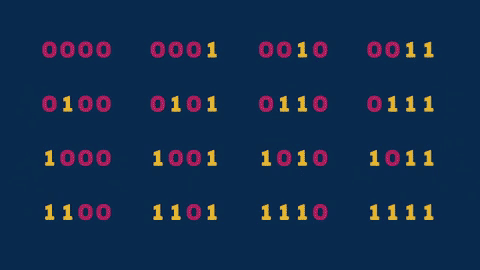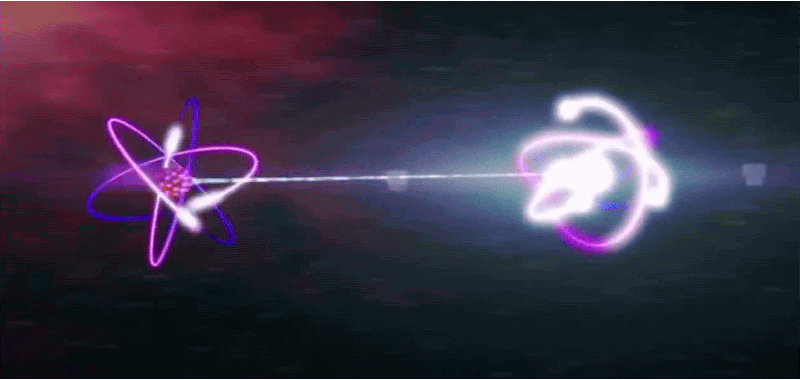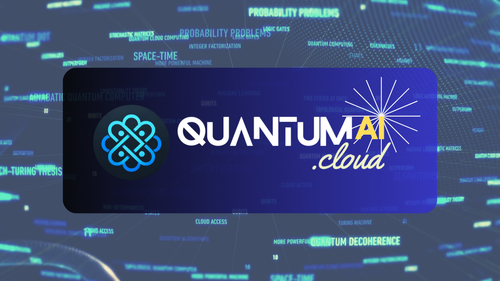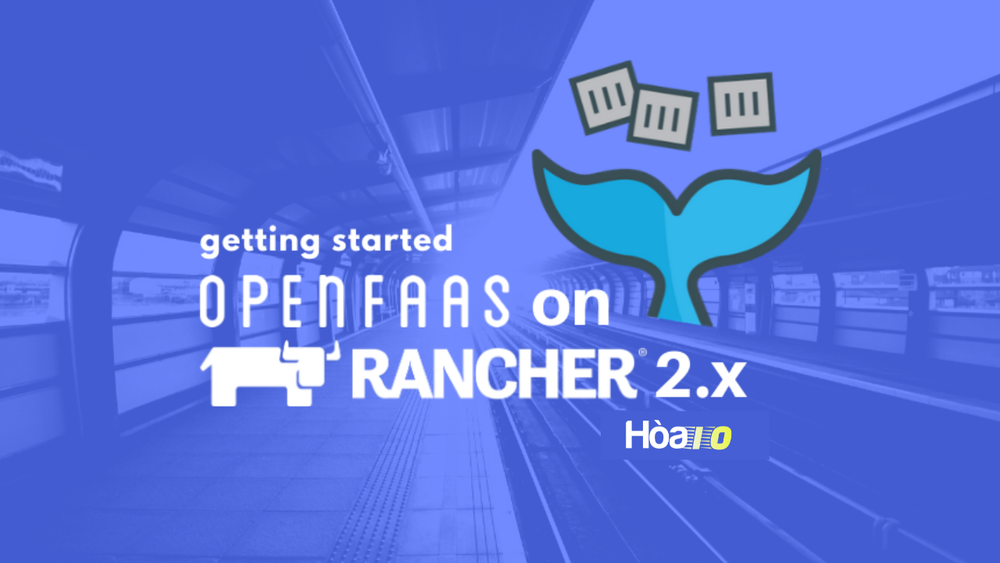What is Quantum Computing?
Why do we need Quantum Computing?
When can we access a Quantum computer and develop a Quantum application? Where are we now in the Quantum world?
We will together address these questions in this blog post to help you get a feeling about the current state of quantum computing – a promising paradigm shift in the near future.
What is Quantum Computing?
Quantum computing bases on the theory of quantum mechanics, and therefore, is fundamentally different from classical computer.
Wait, what is quantum mechanics? Quantum mechanics is a branch of physics to actually explain the nature of phenomena at the scale of atoms.
But why fundamentally different?
We could start to answer this question from the basic unit of classical computer and quantum computer: bits and quantum bits (or qubits). As we have learned, the fundamental unit of information in today’s computer is the bit, which could be either 0 or 1 (we could call they are states). In other words, we could break every digital information into 0s and 1s. 1010 is the bit representation of 18, for example. However, quantum data are made up of qubits, which could be 0, 1 or a combination of 0 and 1 at the same time (we called a superposition state). That means, with 1 qubit, we could have 2 states simultaneously. How about if we have 3 qubits? — 8 states, right? 10 qubits? 1024 states at the same time with quantum computer while it still be 1 state once with classical solution.

Along with superposition, quantum computing have another important characteristic called entanglement. We can simply think about an example of entanglement is special situation in which 2 qubit are strong correlated regardless how far away between them. Strong correlated means that one qubit could always determine the state of the second qubit without interacting with the second one. Looks like we could transfer the quantum information faster than the speed of light using entanglement? It is really “spooky” (as Einstein dubbed).

Exploiting this characteristic, we could take some exponential speed-up when using quantum computing to solve some intractable issues of today’s computer. A bit fancy, but it’s not an easy game, there are many things we need to learn and control before reaching all the advantages. We will discuss more in later posts, don’t make it complicated at the beginning 🥲
Why do we need Quantum Computing?
For some problems, supercomputers aren’t that super.
Quantum computing is a promising technology to solve multiple intractable task even with “classical” supercomputers.
For example, factorising a large number into prime factors, which is the “Achilles heel” of crypto algorithms like RSA, could be “impossible” with the most powerful supercomputer. However, it’s not the rough way for quantum computers in near future by utilising Shor’s algorithm. This security risk has urged the emergence of another field called Post-Quantum Cryptography to develop a quantum-resistant crypto algorithms.
Apart from cryptography, quantum computing could be a solution for many prominent areas such as chemistry, finances, machine learning, networks and communications. That’s why now more and more countries put quantum computing on top of the national strategy to prioritise the large investment.
When can we access an actual Quantum computer?
Now! Why not?

Actually, from several years ago, we can access to actual quantum computer developed by IBM. The most popular way to run a program on quantum computer is through a cloud service, provided by some well-known vendors, such as IBM Quantum, Amazon Braket, Azure Quantum. That means, you can write your quantum application at your local computer and then send them to a quantum cloud service for executing, then waiting for the results. If you want to learn and try using quantum computer, go ahead to IBM Quantum - you can send your first quantum job to (up-to) 5-qubit quantum computers for FREE!
Where are we now in the Quantum world?
We are now staying in the NISQ – Noisy Intermediate-Scale Quantum era. That simply means the quantity and quality of qubits is not good enough to apply in practical problems at the moment. However, we witnessed numerous advancements in developing quantum hardware recently. The most powerful quantum computer presently (April 2022) is released by IBM last year with 127 qubits – a big milestone for the future of quantum computing. They also targeted to develop a 1121-qubit quantum computer by the end of next year, 2023. In 2019, Google also claimed that their quantum computer just need 200 seconds to solve a 10,000-year problem of the world’s fastest supercomputer. They called it “quantum supremacy”. Moreover, many research topics related to quantum computing becoming a trending and very “hot” topics recently, such as Quantum Machine Learning, Quantum Error Correction.
How can we get started to learn Quantum Computing?
When I started learning Quantum computing, I found this interesting quote from Frank Zickert (PyQML):
Quantum computing is fundamentally different from classical computing.
To master quantum computing, you must unlearn what you have learned.
But don’t worry too much! Nowadays, we can learn almost any of new things by ourselves by many ways. There are many resources to learn about quantum computing, and it depends on your curiosity, how deep you want to dive in and how you intend to use quantum for your work.
- If you would like to get a bit more “feeling” about quantum computing and quantum mechanics, check out a website calledQuantum Country (by Andy Matuschak and Michael Nielsen).
- If you want to have solid understanding about quantum, read the quantum “bible” entitles Quantum Computation and Quantum Information by Isaac Chuang and Michael Nielsen.
- If you want an interactive textbook to learn Quantum computing in a more practical way and start to write your first quantum program using your Python skill, check out Qiskit Textbook.
Just named a few, but there are numerous good books, online courses, tutorial videos, documentation available. If you are really interested to learn, define your keywords and your Google-ing skill will definitely help.

Happy learning!







